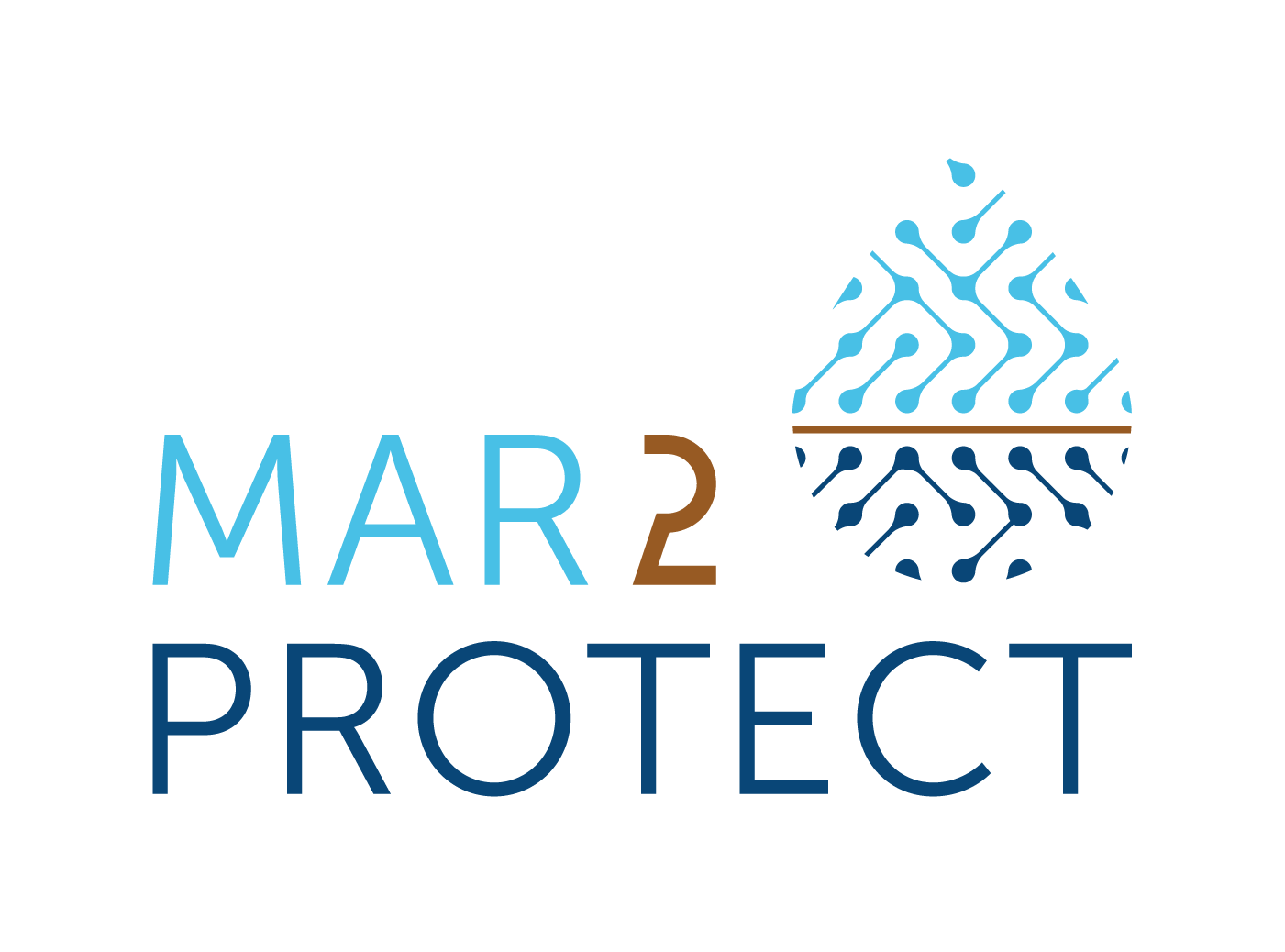Stakeholder engagement
MAR2PROTECT enables the engagement of stakeholders in adopting innovative digital technologies as solutions for strengthening and enhancing the sustainability of the European water industry.
The stakeholder engagement strategy of MAR2PROTECT embraces the need for an increasingly active role of societal actors in preventing water contamination through changes in daily practices and global warming management. In this project, we therefore engage diverse stakeholders in a variety of ways throughout the project activities.
In the MAR2PROTECT LivingLabs (one in each of the demo sites), we engage stakeholders from industry, academia, policy and decision-making bodies, and civil society (i.e., the quadruple helix stakeholders) in selecting the demo sites’ technologies as well as co-designing targeted societal engagement activities. The co-designed societal engagement activities are implemented in collaboration with existing civil society and citizen science initiatives, such as a one-day citizen science data collection for educational purposes campaigns (i.e., blitzes) and expert walks. These engagement activities help foster understanding and raise civil society’s awareness of pollution sources and prevention opportunities, triggering changes in daily practices (at the household level). They also increase their awareness of the risks associated with climate change and complex global warming situations.
Another way in which stakeholders are engaged in MAR2PROTECT is via a multi-stakeholder international community of practice (CoP), comprised of project partners, Livinglabs’ stakeholders, experts, and international representatives from high-impact organizations. Via the exchange of experiences and approaches, stakeholder knowledge is distilled and then used for setting up, adapting, running and upscaling the selected technologies. The CoP is also involved in the co-creation of concrete policy recommendations.
MAR2PROTECT emphasizes the collective process of learning and knowledge co-creation throughout the LivingLabs. Knowledge and experiences are the bases for the social learning component required by stakeholders to capture emerging opportunities, establish community engagement, and make evidence-based decisions. The social impact of the project’s proposed technologies are assessed along with the environmental and economic effects using an Social-Life Cycle Assessment. The project insights are shared with targeted clusters of stakeholders through different channels and activities, such as dissemination events in each demo site, participation in scientific conferences and fairs, mid and final dissemination events, and an EU Parliamentary session. These activities serve to raise awareness among policymakers and contribute to policy debates.
